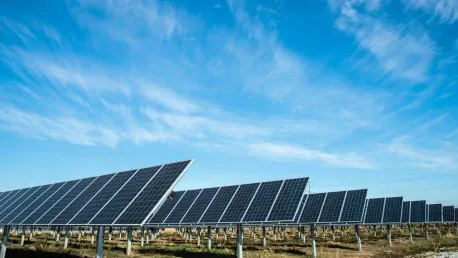
The rapid expansion of utility-scale battery storage in the United States is reshaping the landscape of energy management and distribution. This significant growth has been highlighted by recent data from the U.S. Energy Information Administration (EIA), which reports that storage capacity has

The City of Medicine Hat has unveiled its budget proposal for 2025, which includes a slight adjustment to non-energy utility rates and an unexpected win for residents: the elimination of recycling fees. In a bid to balance fiscal responsibility and affordability, city leaders have put forth

As urban living becomes steadily more complex, understanding the specifics of utility billing is increasingly important. In Portland, the Water Bureau and the Bureau of Environmental Services work tirelessly to manage water, sewer, and stormwater services. Come July 2024, Portland residents will

Duke Energy has taken a significant step forward in its renewable energy initiatives by expanding its Green Source Advantage Choice (GSA-C) program in North Carolina. This new program provides large businesses with accessible pathways to transition to 100% renewable, carbon-free energy, building on

The recent launch of a 5.5-megawatt (MW) solar farm in Rivesville, West Virginia, is a significant milestone in the state's transition towards renewable energy. Situated on a brownfield site near a now-closed coal-burning power station, this project is a joint effort by Mon Power and Potomac

Amid a landscape marked by growing electricity demand and evolving regulatory requirements, Kentucky's leading utilities have made a significant decision: to delay the addition of new solar power capacity until 2035. Despite a clear trend toward renewable energy nationwide, Louisville Gas and